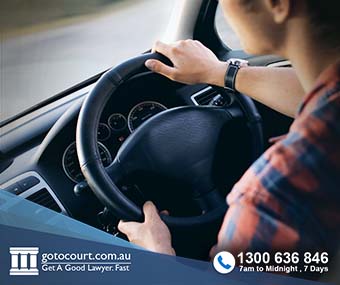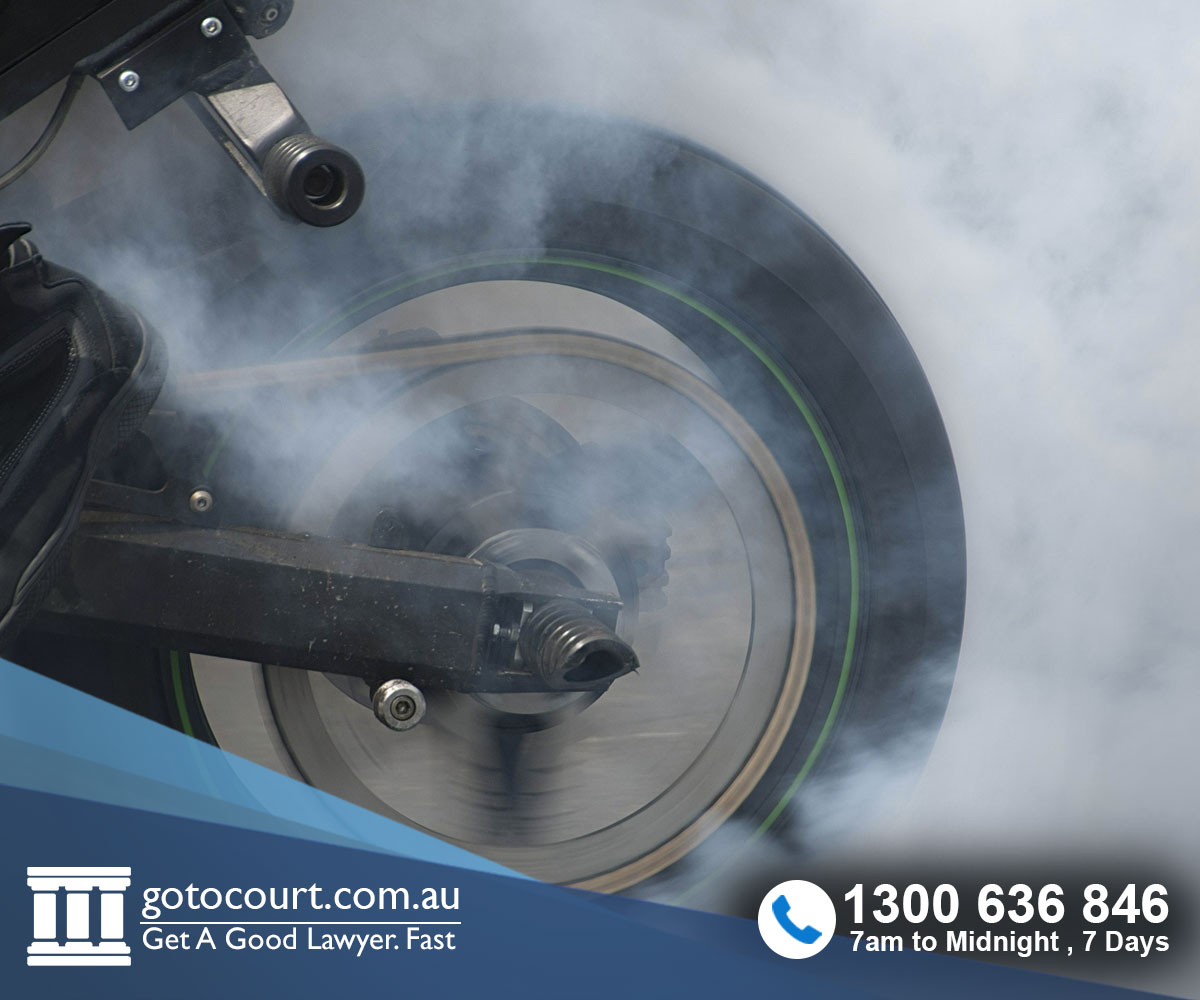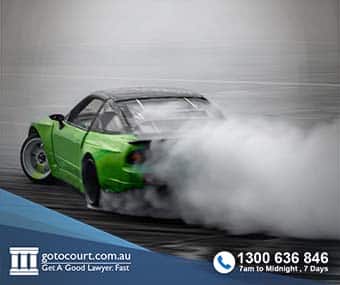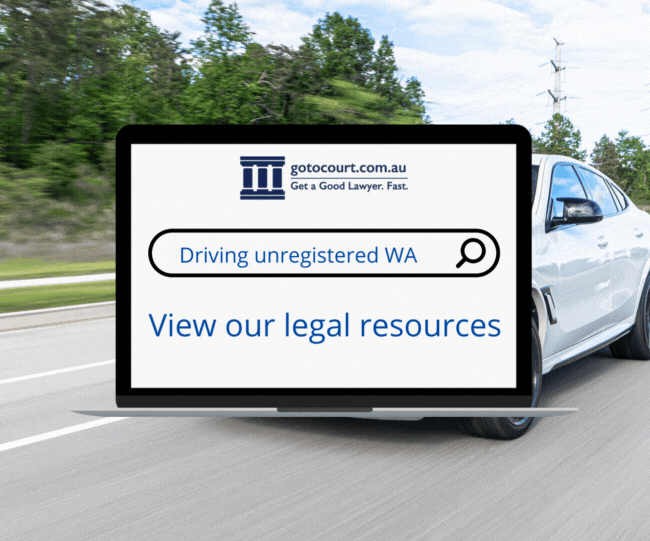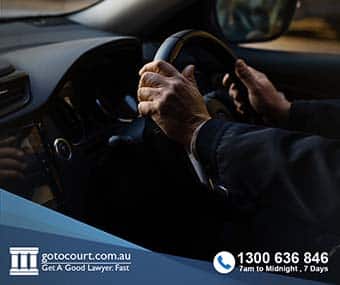Serious Traffic Offences (WA)
In Western Australia when a person commits serious traffic offences, they face penalties including steep fines and periods of imprisonment. Long periods of licence disqualification may be imposed and the vehicle may be temporarily impounded or even permanently confiscated.
Disqualification Notices
In Western Australia, when a person commits certain drink driving offences, they can be issued with a Disqualification Notice by police, which will be in force for a period of two months. Once a Disqualification Notice is served upon a driver it immediately disqualifies the person from driving. The Notice can be served on the driver at the time of the offence or for up to ten days from the date of the offence.
Offences for which police will issue a Disqualification Notice are:
- Driving with a blood alcohol content of more than 0.08% (Road Traffic Act, Section 64);
- Driving while under the influence of alcohol or drugs to such an extent as to be incapable of having proper control of the vehicle (Road Traffic Act, Section 63); or
- Failing to provide a sample of breath, blood or urine sample for analysis (Road Traffic Act, Section 67).
Should a Disqualification Notice period be breached by the person driving during this period, they will be charged with Unauthorised Driving. The person’s vehicle will be impounded for a period of 28 days with the associated costs.
A person who has been served with a Disqualification Notice is not eligible to apply for an Extraordinary Drivers Licence, regardless of the hardship the disqualification causes them.
Penalties for traffic offences imposed by courts
When a person is charged with serious traffic offences, the person is required to attend court and if found guilty, will receive a court-imposed penalty as well as a further period of disqualification. The court may take into account the disqualification period already served under the provisions of the Disqualification Notice before imposing a further disqualification period, which is backdated to the date of the roadside disqualification.
Court-imposed periods of disqualification may be for lengthy periods and in cases of very serious traffic offences, the driver may even be disqualified for life.
Impoundment and confiscation of vehicles
In Western Australia, courts also have the power to impound or confiscate a person’s vehicle for a serious traffic offence, or for repeated traffic offences. This power exists to protect the public from unsafe behavior on the roads where there is reason to believe the vehicle is likely to be used to commit further traffic offences.
Impoundment of vehicles
When a vehicle is impounded it is seized and stored in a holding yard for the period of the order. Vehicles may be impounded for racing (Section 79) or for driving without a licence (Section 79A). When a person is found guilty of an impounding offence, the court may order the impoundment of the vehicle for a period starting on the date the vehicle was surrendered or from the date it was stored.
The court may order the impoundment of a vehicle following a finding of guilt for driving without authority. However, a court is not to make such an order unless it is satisfied that within five years before the date of the offence, the person was convicted of two previous offences relating to driving without a license (Section 80C).
Confiscation of Vehicle
Vehicles may be confiscated if in the five years prior to the offence, the offender has been found guilty of two previous offences, for which the vehicle could have been impounded (Section 80).
When a vehicle is confiscated, it is seized and the property then vests absolutely in the State, free from all interests, rights, titles or claims to the ownership or possession of the vehicle (Road Traffic Act, Section 80A(1)).
Early release of impounded vehicle
A person may apply for the early release of an impounded vehicle on the basis that the impoundment is causing them exceptional hardship. This application is made to the Vehicle Impound Unit of the West Australian Police. Situations where a vehicle may be released from impoundment early due to exceptional hardship include where the offender requires the vehicle for transport because of a medical condition or where the vehicle has been modified for use in the driver’s employment and another vehicle cannot be substituted.
Should you need advice about a traffic matter or any other legal matter please contact Go To Court Lawyers.



